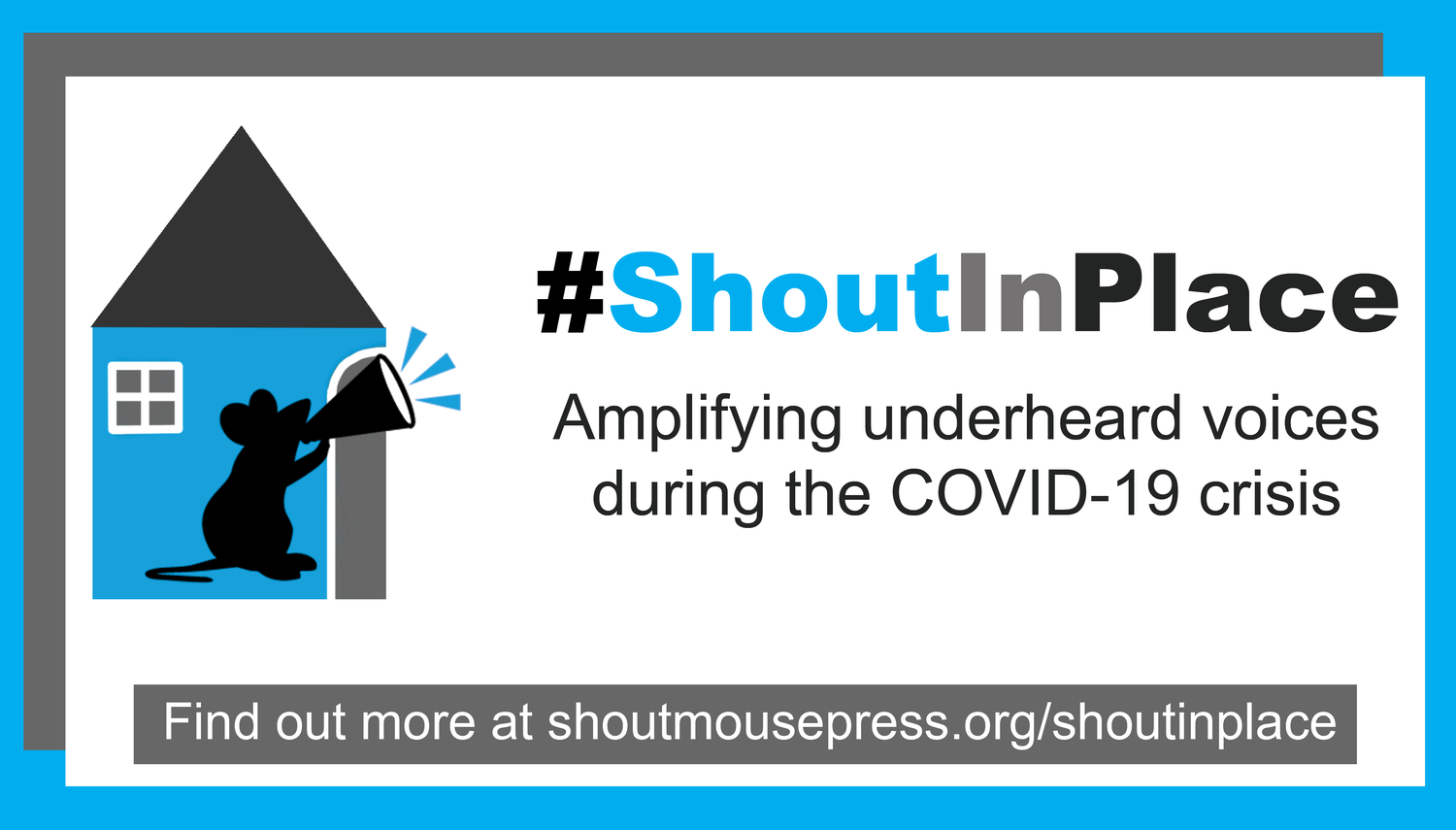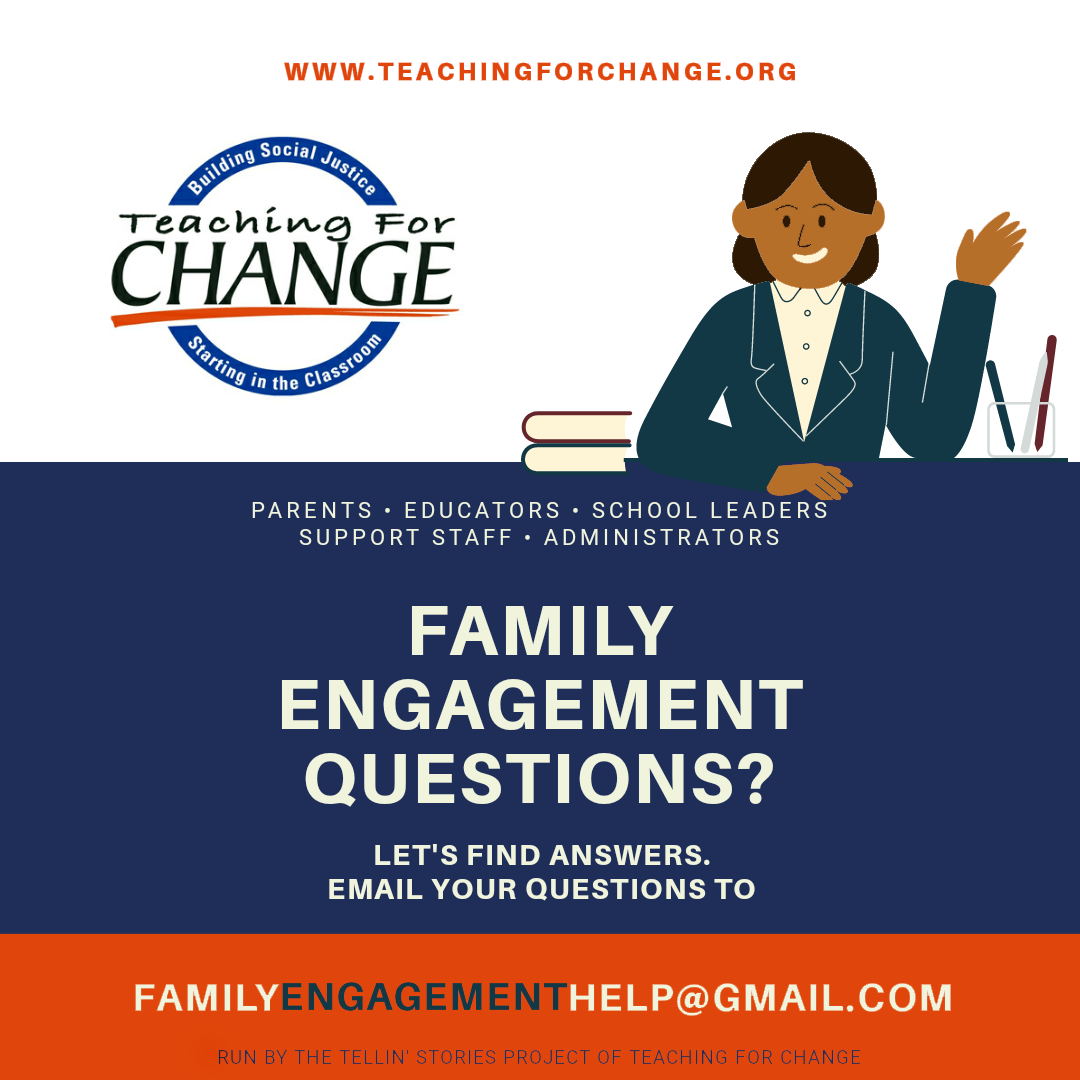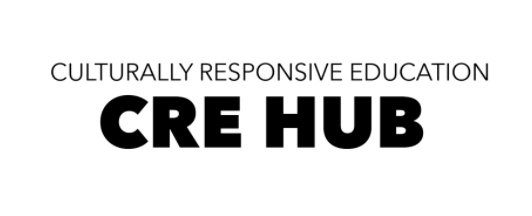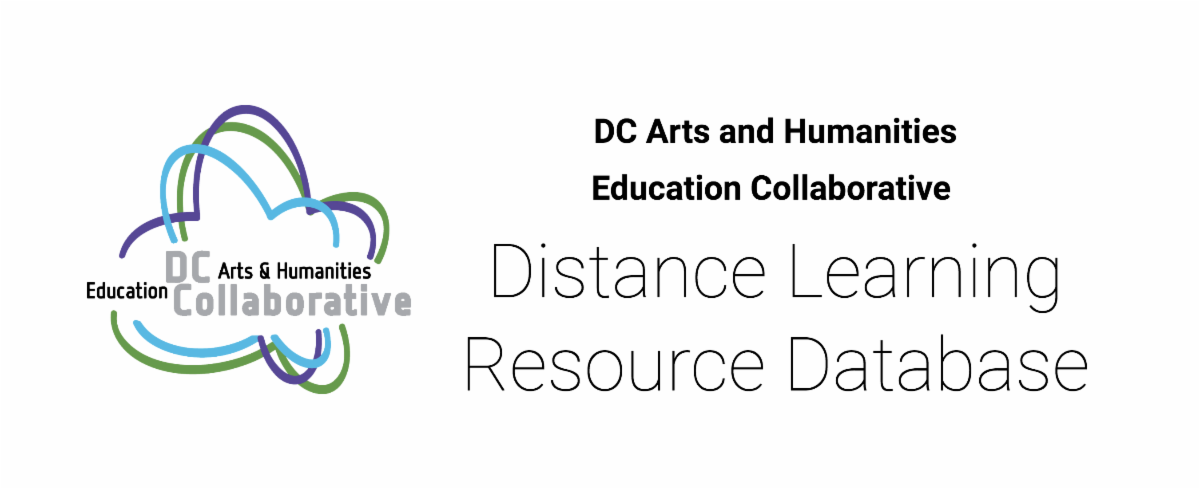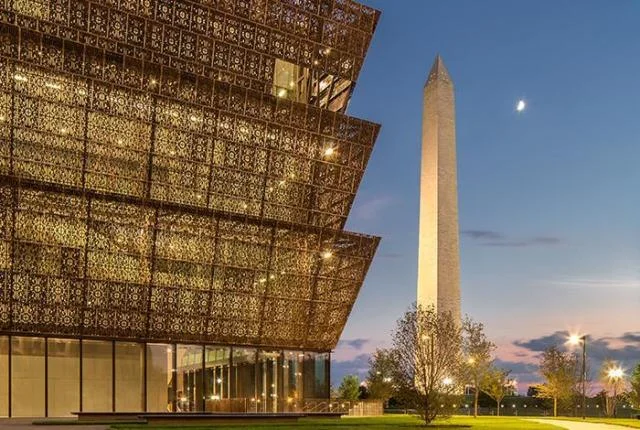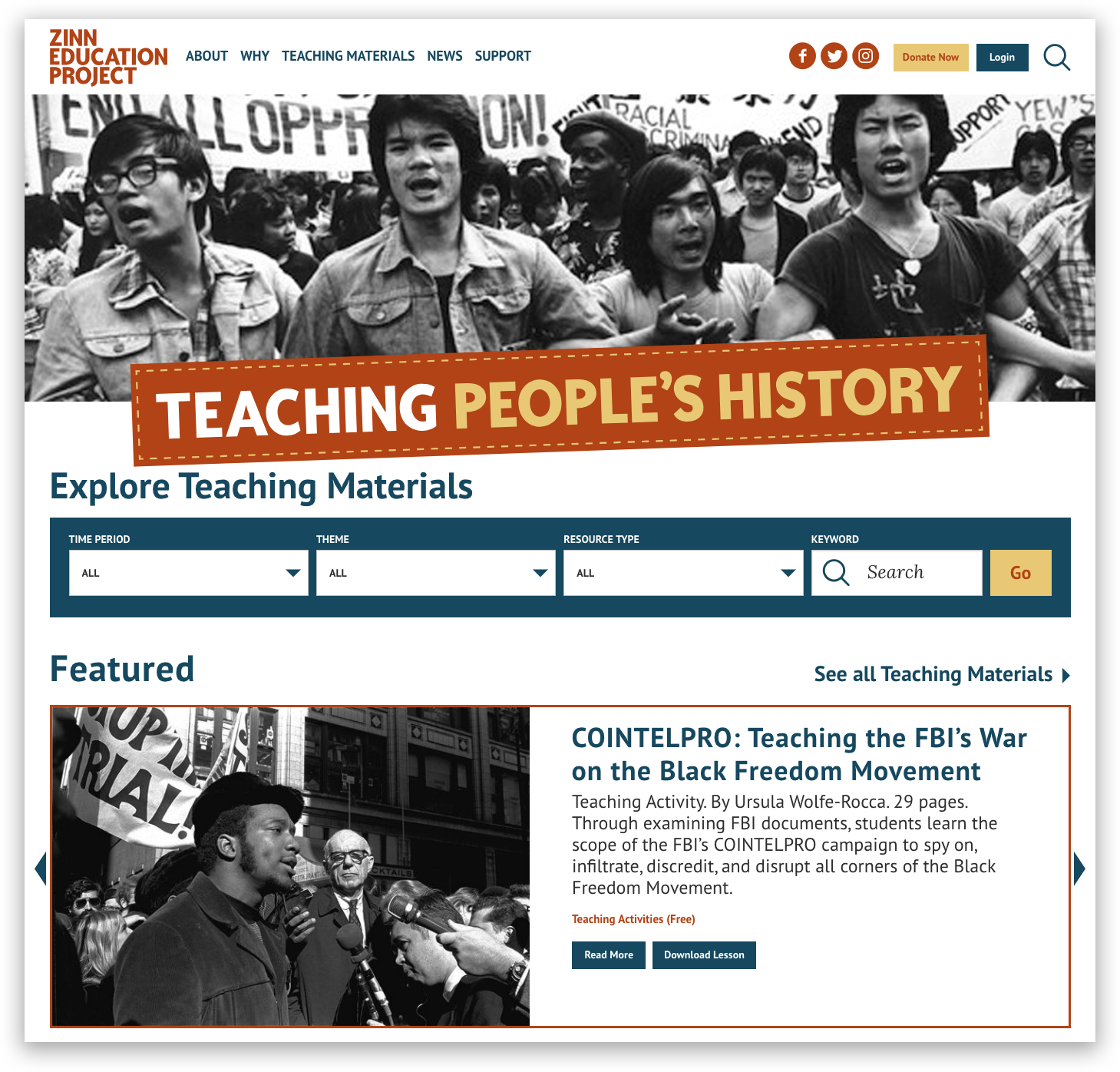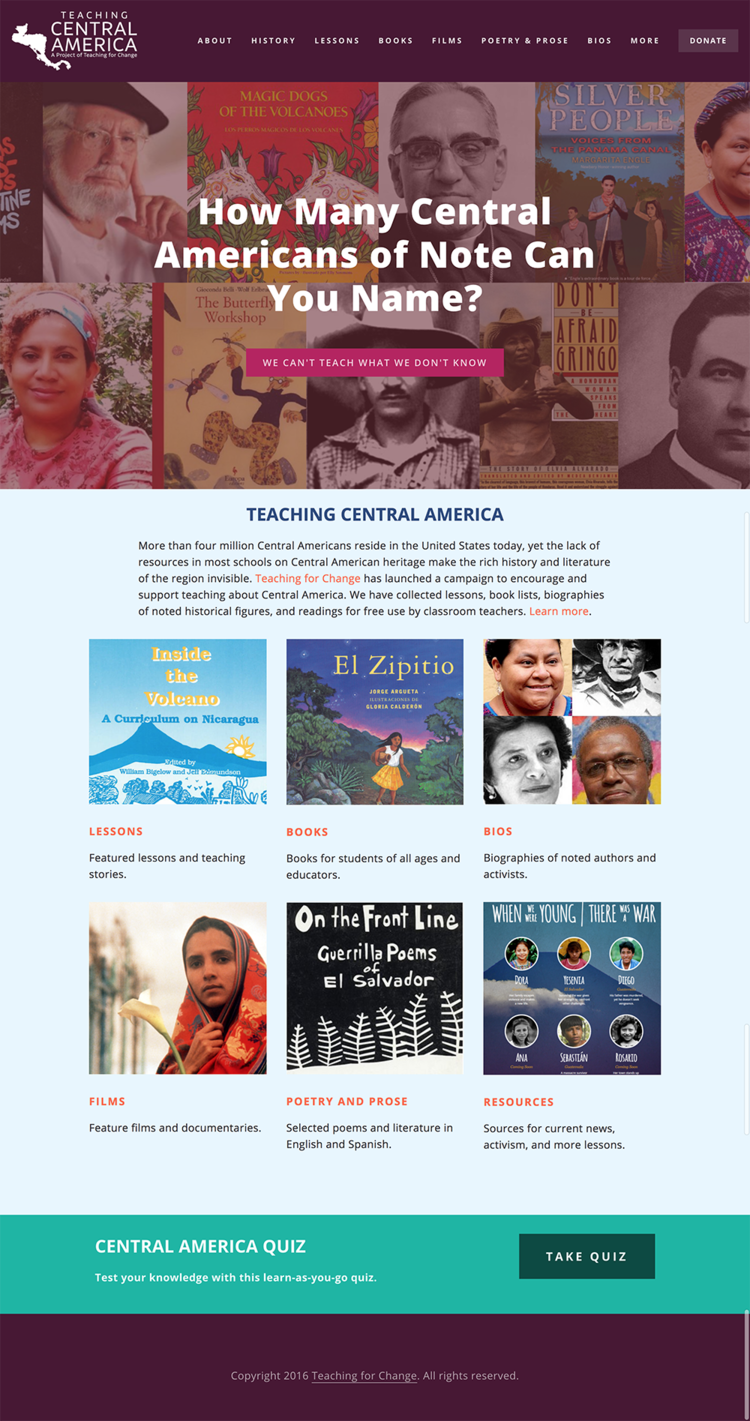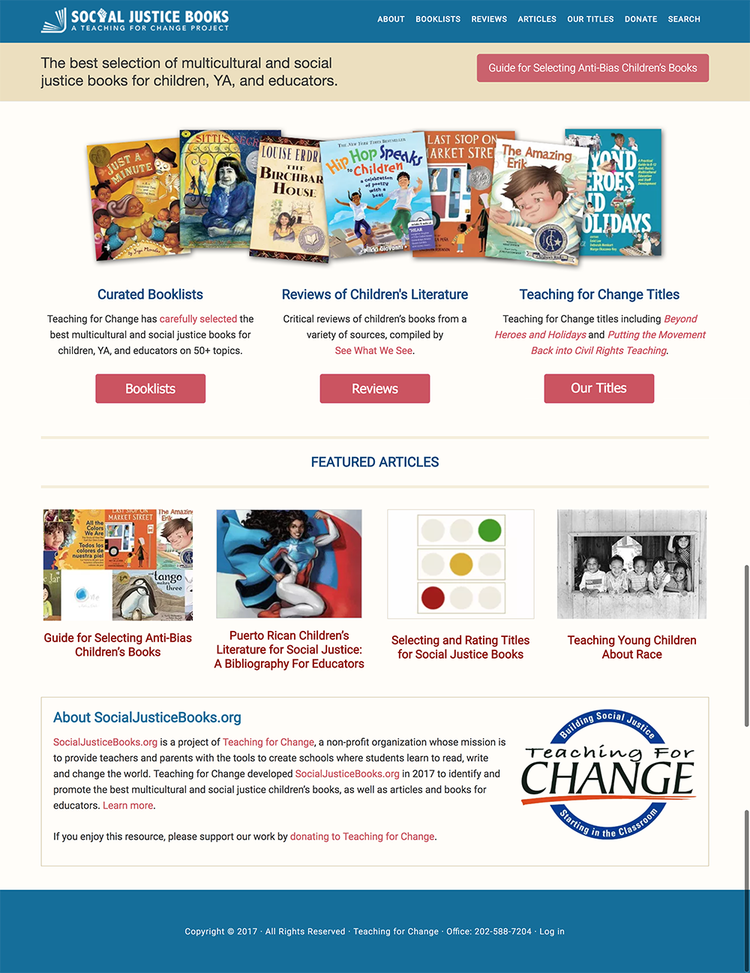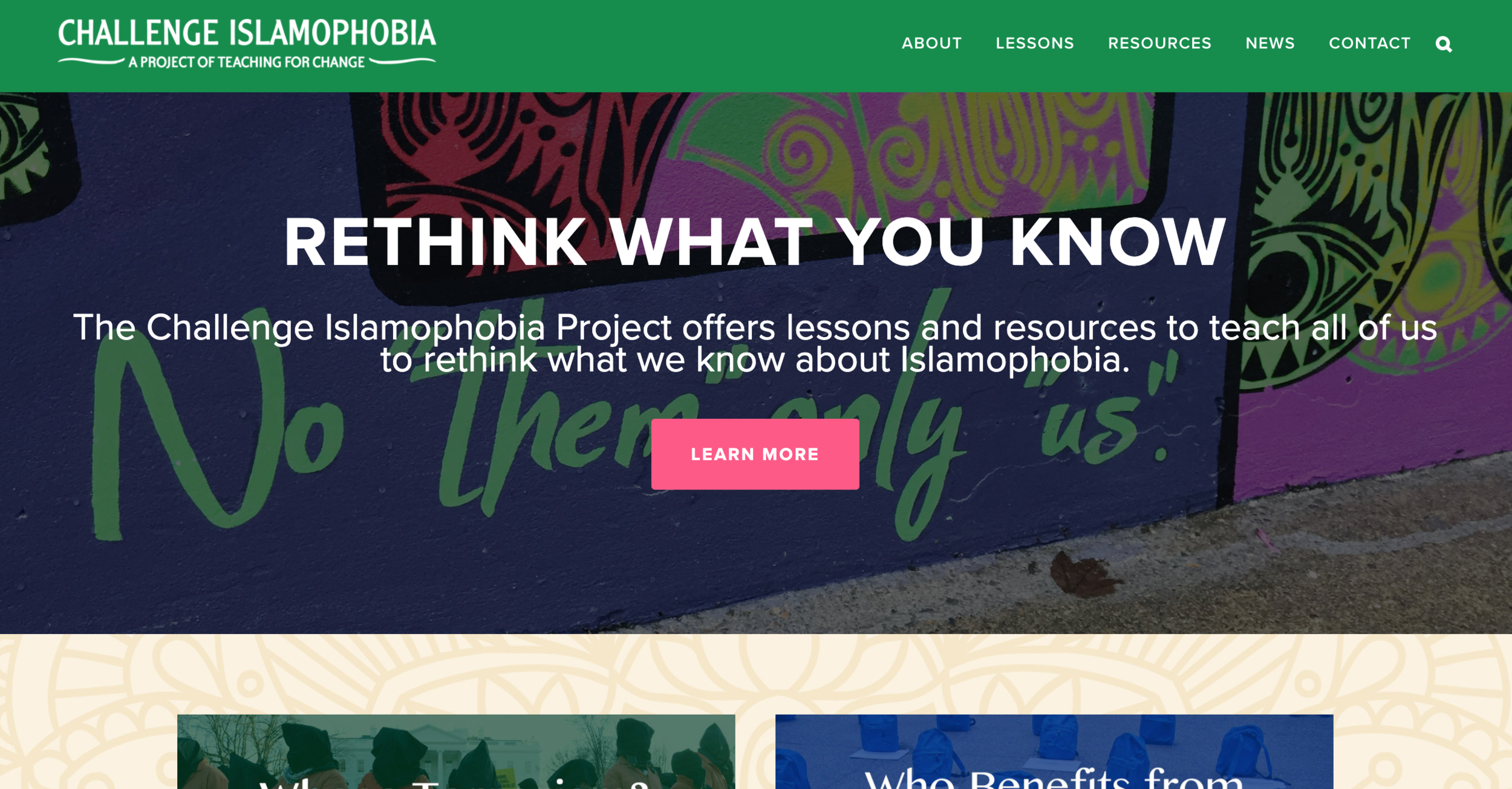Resources for D.C. Area Educators in These Times
Educators and students everywhere are adjusting to the new reality of teaching from a distance while letting students know they are still a close part of our community. We share below a few resources for teaching in these times.
Also, read the growing collection of of D.C. metro area teaching stories from during this time of emergency online learning due to COVID-19 and explore ongoing DC area events and virtual learning opportunities.
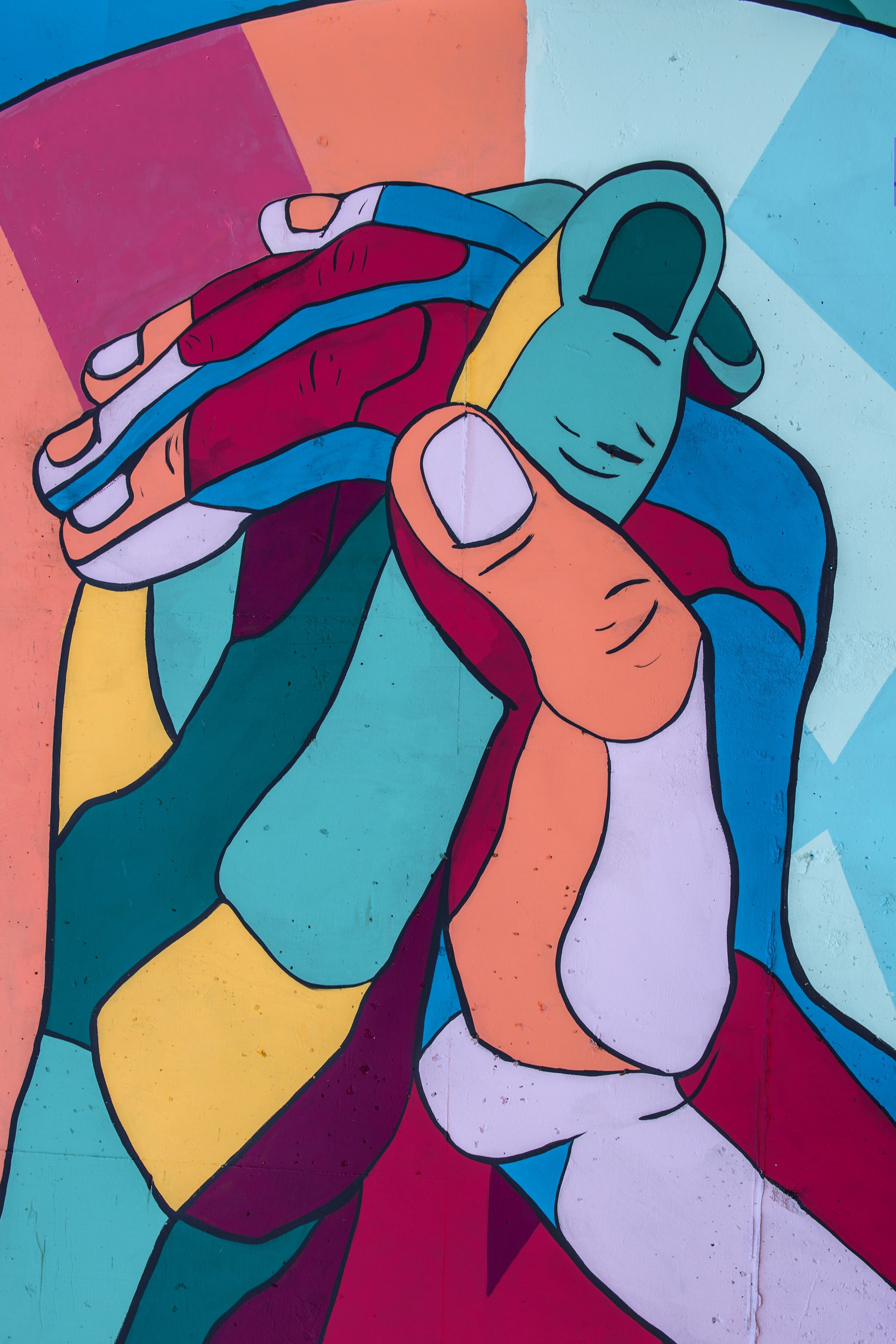
Photo by Tim Mossholder on Unsplash
The poem below, Wash Your Hands, written by Dori Midnight inspired educator, Linda Christensen at Rethinking Schools to create a writing lesson on Navigating Grief and Uncertainty in the Time of the Pandemic.
Wash Your Hands
By Dori Midnight
We are humans relearning to wash our hands.
Washing our hands is an act of love
Washing our hands is an act of care
Washing our hands is an act that puts the hyper vigilant body at ease
Washing our hands helps us return to ourselves by washing away what does not serve.
Wash your hands
like you are washing the only teacup left that your great grandmother carried across the ocean, like you are washing the hair of a beloved who is dying, like you are washing the feet of Grace Lee Boggs, Beyonce, Jesus, your auntie, Audre Lorde, Mary Oliver — you get the picture.
Like this water is poured from a jug your best friend just carried for three miles from the spring they had to climb a mountain to reach.
Like water is a precious resource
made from time and miracle
COVID-19 Resources
EmpowerEd Coronavirus Resources En Español
School-related information in Spanish for parents and teachers in D.C.
People's School of D.C. Coronavirus Resource Page
Health, food access, workers' rights, and other resources.
Teaching Resources
Digital Resources
Beyond just sharing booklists, the Freedom Reads series by Social Justice Books also shares with teachers and parents how to select high-quality, anti-bias books.
The Zinn Education Project has compiled a list of resources for teaching people's history with films, podcasts, articles about the coronavirus, and more.
An initiative by Shout Mouse Press to collect stories from young people during the pandemic.
Our family engagement project is standing by as a thought partner and to collect questions and needs from classroom educators, school leaders, and families. Email us at FamilyEngagementHelp@gmail.com."
Explore Inspired Teaching's library of free interactive lesson ideas for support with creating lessons during this unprecedented time.
Reading Partners is hosting Virtual Storytimes for all students. Join an interactive read-aloud led by volunteers who will engage students in comprehension questions and activities.
K-2nd Zoom Room
https://readingpartners.zoom.us/j/8237971022
Call in: 1-646-558-8656
ACCESS CODE: 8237971022
3-5th Zoom Room
https://zoom.us/j/6743072601
To call in:1-646-876-9923
ACCESS CODE: 6743072601
The WTU has a partnership with Fox 5 and Fox 5 Plus (WDCA) to air lessons on television for students who do not have access to laptops or Wi-Fi during school closures. The lessons, presented by District of Columbia Public Schools teachers, will be at 10 a.m. each day of the week and will feature a 30-minute lesson aligned with district learning standards for a particular grade group.
Culturally responsive-sustaining remote education grounds the use of educational tools and arranges the educational experience in a cultural view of learning and human development in which multiple expressions of diversity (e.g., race, social class, gender, language, sexual orientation, nationality, religion, ability) are recognized and regarded as assets for teaching and learning. Thus, it is education that is responsive to students’ individual and collective lived experiences, and in particular during this time, their experiences with the COVID-19 pandemic.
The DC Collaborative along with its organization and practitioner members as well as the DCPS Central Office Arts Team has compiled an online Distance Learning Resource Database, a list of online and downloadable arts and humanities education resources from members. The DC Collaborative database has more than 60 responses from cultural institutions and practitioners/teaching artist members. These resources encompass curricular guides, virtual field trips, and other educational activities to enhance students' at-home learning experiences.
Find information on free children’s literature virtual events, illustrator programming, and curriculum support for various age groups.
Challenge Xenophobia
The global response to COVID-19 has made clear that the fear of contracting disease has an ugly cousin: xenophobia.
Teaching for Change carefully selects the best multicultural and social justice books for children, young adults, and educators. See this list which includes titles on Asians and Asian Americans.
Local History Resources
Resource with links to websites with rich digital content, including the Washington Area Spark, a monthly newspaper published from 1971-73 with decades of photo archives, and the Virginia Interscholastic Association, which provided athletic, art, academic, and leadership opportunities to African-American high schools in the 1950s.
One family and three photographers — Addison Scurlock and his sons, Robert and George—shared nine decades of documenting Black life in Washington, DC. This National Gallery of Art exhibit examines their legacy.
Josiah Henson Museum & Park tells the story about the life and challenges of Reverend Josiah Henson, enslavement in Maryland, and the ongoing struggles of racial equality and justice.
Montgomery History collects, preserves, interprets, and shares the histories of all of Montgomery County’s residents.
Located in the Anacostia neighborhood, the Anacostia Community Museum examines, documents, and interprets the impact of historical and contemporary social issues on urban communities.
The Alexandria Black History Museum includes the Museum, the Watson Reading Room, and the Alexandria African American Heritage Park.
The nonprofit Sugarland Ethno-History Project maintains the historic 1893 Sugarland church, the cemetery behind it, and a vast collection of artifacts.
An app that allows users to experience the U.S. capital by touring 17 local sites that are filled with Indigenous history and importance.
The first and only museum in our nation’s capital dedicated to the Chinese American story – its history, culture, and voice.
A lesson on D.C. statehood by Amy Trenkle, a Washington, D.C. based 8th Grade US History Teacher.
Oral history interviews of 29 significant activists, artists, political leaders, and scholars who helped define the Black Power era in Washington, D.C.
Black Power in Washington D.C. plots Black Power activism in the District between the years 1961 and 1998.
The DC History Center deepens understanding of Washington D.C.’s past to connect, empower, and inspire.
For 40 years photographer Nancy Shia took countless photos of a D.C. community not only in transition, but on the verge of being completely forgotten and erased.
A mini-unit about identity, power, oppression, democracy, resistance, emancipation, and liberation in Washington, D.C. from 1862 to present.
Segregation and Desegregation in Fairfax County, Virginia Schools from May 17, 1954 until the start of the 1965-66 school year.
An exhibition at the Smithsonian’s Anacostia Community Museum which documents the history of resisting gentrification in D.C.
This lesson introduces students to important historical figures who have had an impact on the history of Washington D.C.
Lessons and teaching ideas for infusing the history and music of go-go in the classroom.
Strategies and resources one teacher used for teaching D.C. from a bottom-up perspective.
A “learn-as-you-go” quiz about D.C. to help fill the gaps in the traditional textbooks and guided tours.
Photo archives of the Washington Area Spark, a monthly newspaper published from 1971-73.
A public history project documenting the historic segregation of Washington, D.C.
A virtual tour of the oldest existing street mural in Washington DC, painted in the '70s in a community effort led by artist Carlos Salazar.
In the 1950’s the VIA provided opportunities to African-American high schools that were otherwise inaccessible due to racial, social and economic barriers.
More Teaching Resources
Resources to support social justice learning.
Promotes and supports the teaching of people’s history in middle and high school classrooms across the country.
Provides lessons, handouts, news, and resources for teaching about the role of everyday people in the Civil Rights Movement.
A collection of booklists, biographies of noted historical figures, and readings for free use by classroom teachers.
The best multicultural and social justice books for children, YA, and educators on 50+ topics.
Recommended books and resources for young children, teachers, and parents on anti-bias themes and topics.
Offers lessons and resources to teach all of us to rethink what we know about Islamophobia.
Also, read the growing collection of of D.C. metro area teaching stories from during this time of emergency online learning due to COVID-19 and explore ongoing DC area events and virtual learning opportunities.





